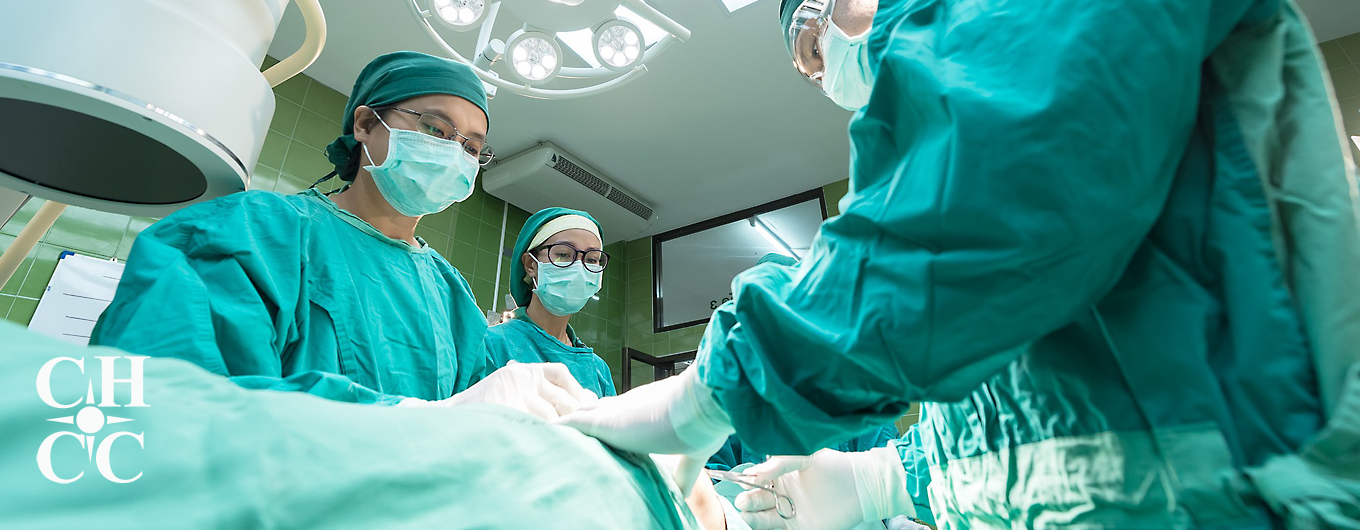
By: Barrie Quappé RN, BSN – Consultant/Director:
People have become accustomed to modern medicine, the recommendation for preventative care and the need for urgent/emergency care. Cayman, like many other countries the globe over, come from a patriarchal culture, especially in medicine where you simply respect and listen to the physician and when things go wrong, the saying can be: “…it was God’s will” or “I guess it was his/her time”.
Caymanians have been very trusting and even grateful for medical care and there are those who can recall having just one doctor on the island of Grand Cayman and being grateful for that! Of course, our population growth from a mere 10,000 in 2004 to 60,413 at the end of 2015, per the government’s Economics and Statistics office (Duncan, 2016, p.1) has increased our healthcare needs and the Government has required patient-centered care policies as a part of the National Standards required of all registered health care facilities.
So, where are we in terms of utilizing our own patient-centered policies? We don’t know. There has been no formal study of this, although each facility must have customer surveys in place.
How are we at reporting medical errors? We don’t know that either. Per Maharaj:
“Iatrogenic illness refers to an undesired mental or physical condition produced in the patient by something the physician has said, or due to an undesired effect of the treatment given by the physician (2). Iatrogeny implies that such effect could have been avoided by proper and judicious care on the part of the physician. The development of anxiety neuroses through thoughtless and ill-considered remarks, development of drug habituation and the injudicious use of therapeutic measures are examples of disorders precipitated by (physician) iatrogeny (2).” (Maharaj, 2010, p.702)
I would go one step further and say this applies to all members of the health care team as far as caring for the patient at all level of care from communication to hands-on treatment inclusive of nurses, pharmacy technicians, paramedics and all.
If we don’t know these things, it begs the question of what do our facilities do when medical errors occur? Do facilities self-report? Do practitioners self-report? If they do, to whom? If they don’t, what other measures are being taken to monitor incidents on behalf of continuous improvement in patient safety?
Self-reporting has been seen to be grossly inhibited by fear of losing one’s job and/or retribution, internationally. It can also be perceived to increase stress in a busy, overworked environment.‘Just Culture’ came along – a patient safety process that:
“ensures balanced accountability for both individuals and the organization responsible for designing and improving systems in the workplace. Engineering principles and human factors analysis influence the design of these systems so they are safe and reliable.”(Boysen, 2013, p.400)
Some facilities may employ this but the in-depth processes can devolve into a short explanation of where ‘this system doesn’t blame the individual, it reviews the incident to see how the system may have contributed to the error’.
Do we review all incidents? Some places (in a global context) will only deal with actual incidences where harm was done to the patient but not the near misses.
I would like to see a national approach to this so we can learn from near misses and real events in an open and safe process, not a punitive one. Data on these should be nationally monitored so we can track improvements in incidents. Of course, if deliberate harm is done – in that instance then consequences must be meted out.
I also like the idea that comes out of the Joint Commission International:
“Joint Commission International (JCI) is raising the bar for excellence in health care throughout the world.”(JCI, 2016)
With Cayman already entered into the global arena of medical tourism, working with JCI may become the standard that international visitors will look for when choosing their location for care.
Need Assistance with your People, Policies or Facilities?
Contact Cayman Healthcare Consulting Today!
Relevant Links:
- Anonymous (2016) ’Around the World with Joint Commission International, [Online] Available from: http://www.jointcommissioninternational.org/around-the-world-with-joint-commission-international/ (Accessed 17 November 2016)
- Boysen, P.G. (2013) ‘Just Culture: A Foundation for Balanced Accountability and Patient Safety’, Ochsner Journal, 13(3) Fall, pp. 400–406. Available from: https://www.ncbi.nlm.nih.gov/pmc/articles/PMC3776518/ (Accessed 17 November 2016)
- Duncan, C.(2016) ‘In Cayman, 9% don’t have A/C, and other facts at a glance’, Cayman Compass [Online] Available from: https://www.caymancompass.com/2016/07/14/in-cayman-9-dont-have-ac-and-other-facts-at-a-glance/ (Accessed 16 November 2016)
- MAHARAJ, SR (2010) ‘Iatrogeny: why patients come to harm’, West Indian medical Journal, pp.702-705 [Online] Available from: 2010, 59, (6) Available from: http://caribbean.scielo.org/scielo.php?pid=S0043-31442010000600018&script=sci_arttext&tlng=en (Accessed 16 November 2016)
- Boysen, P.G. (2013) ‘Just Culture: A Foundation for Balanced Accountability and Patient Safety’, Ochsner Journal, 13(3) Fall, pp. 400–406. Available from: https://www.ncbi.nlm.nih.gov/pmc/articles/PMC3776518/ (Accessed 17 November 2016)
- Anonymous (2016) ’Around the World with Joint Commission International, [Online] Available from: http://www.jointcommissioninternational.org/around-the-world-with-joint-commission-international/ (Accessed 17 November 2016)
